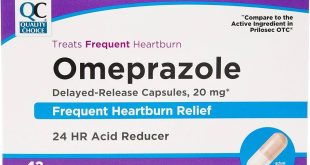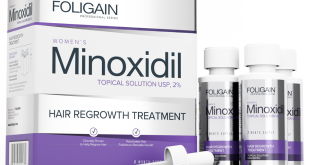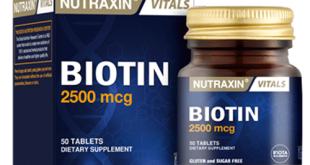Methadone A Comprehensive Overview of an Effective Medication for Opioid Addiction
Introduction:
Methadone is a medication that has been widely used in the treatment of opioid addiction, providing individuals with a pathway towards recovery. In this article, we will explore the various aspects of methadone, its mechanisms, benefits, and potential considerations, all while maintaining a natural and informative tone.
Understanding Methadone:
Methadone belongs to the class of opioids and acts on the same receptors in the brain as other opioids, such as heroin or morphine. However, unlike these drugs, methadone is administered in a controlled and supervised setting, allowing for a smoother transition towards abstinence.
Mechanism of Action:
One of the key features of methadone is its long-acting nature, which helps in preventing withdrawal symptoms and cravings. By occupying the opioid receptors in the brain, methadone alleviates the physical dependence on more harmful opioids without inducing the same intense euphoria. This gradual and controlled approach facilitates a more manageable detoxification process.
Benefits of Methadone Treatment:
1. Reduced Cravings: Methadone helps in curbing the intense cravings that often lead individuals back to illicit opioid use. This reduction in cravings is crucial for the success of opioid addiction treatment.
2. Stabilization of Symptoms: Methadone provides a stable and consistent level of opioid activity in the body, preventing the highs and lows associated with other opioids. This stability contributes to improved overall functioning and quality of life.
3. Harm Reduction: Methadone treatment is considered a harm reduction strategy, as it decreases the likelihood of engaging in risky behaviors associated with opioid abuse, such as needle sharing and criminal activities.
Considerations and Potential Drawbacks:
While methadone has proven effective in treating opioid addiction, it is not without its considerations. It is important to acknowledge the potential for dependence on methadone itself and the need for a gradual tapering off the medication under medical supervision. Additionally, there may be side effects, such as constipation or drowsiness, which should be discussed with healthcare providers.
Natural Alternatives and Complementary Approaches:
In conjunction with methadone treatment, individuals may explore natural approaches to enhance overall well-being. Holistic practices, such as mindfulness meditation, yoga, and nutritional support, can complement the pharmacological aspects of treatment. These practices aim to address the physical, mental, and emotional aspects of addiction recovery.
The Role of Counseling and Support:
Methadone treatment is most effective when combined with counseling and support services. Behavioral therapy, counseling sessions, and participation in support groups can address the psychological and social aspects of addiction, fostering a more comprehensive approach to recovery.
Conclusion:
Methadone, when used as part of a comprehensive treatment plan, can be a lifeline for individuals struggling with opioid addiction. Its benefits in reducing cravings, stabilizing symptoms, and promoting harm reduction are noteworthy. However, it is crucial to approach methadone treatment with a holistic mindset, incorporating natural alternatives and psychological support to achieve the best outcomes in the journey toward recovery. If you or someone you know is considering methadone treatment, consult with a healthcare professional to determine the most suitable and individualized approach to addiction recovery.



